In this video, I will share 7 best tips I would give my younger self if I were starting my golf journey again. Through my own experience, I realized what things to change, improve, or focus on so you can become a better golfer faster.
These are tips that every golfer can use at some point in their journey. From coaching, to understanding the game, to simply enjoying it more, I’ll cover everything you need to know in this video.
⚡I’m Gal Patrik Štirn, a professional golfer (Tour Player) with 20+ years of experience in the game.
———-
TimeStamps:
00:00 – Intro
00:11 – Go Back to Fundamentals (Tip 1)
03:00 – Don’t Waste Your Youth (Tip 2)
05:03 – Choose the Right Coach (Tip 3)
08:40 – Start Working Out Early (Tip 4)
12:15 – Build a Good Pre-Shot Routine (Tip 5)
15:15 – You’re Not as Good as You Think (Tip 6)
17:50 – Enjoy the Game of Golf (Tip 7)
20:23 – Outro
———-
💬 Want a private lesson? Head over to my Instagram and shoot me a DM!
▫️Instagram: https://www.instagram.com/
👉 Subscribe for more content like this: @GPGolfing
If I started golf again, these would be the seven tips I would give my younger self to improve much much faster. Let’s go to tip number one. Always return back to fundamentals. I cannot stress enough how important fundamentals are. If you look all of the professional tour players, all of the best players in the world, they always go back to basics. They always go back to fundamentals. How’s my posture? How’s my alignment? How’s my grip? Oh, my grip’s a little bit off. Uh-huh. That’s why my ball goes a little bit to the right, a little bit to the left. I understand you as an amateur or somebody who’s just starting golf. Think that you have to do something incredibly good trying to figure out the new water or you know a new spring somewhere. No, you have to understand the basics first. This is your swing is literally based on fundamentals. If your fundamentals are going to be off in your swing, then what’s going to happen to your swing? If you got good fundamentals, let’s say, let’s do an example. You’re a player who has good fundamentals, you think your swing is going to be bad, is going to is not going to work. Probably not because your fundamentals are going to be at a very very good place. If you are off, if your fundamentals are off, which means your grip is off, your posture is off, your ball position is off, your weight transfer is off, then what’s going to happen to your swing? Well, most likely you will compensate your swing to go to a certain position to swing accordingly to your basics to your fundamentals. If you got a coach that understands fundamentals and basics as much as the good coaches do, then this is a very good sign to go back to your coach and work on fundamentals. Try to go two steps back and work on fundamentals. Why I say this? I was playing golf for 18 years, 16, 17 years a few years ago. I thought, you know, I was a good amateur. I was plus 3.3 handicap and I thought my fundamentals are good. Once I read the book Tiger Woods, you’re going to see it behind. I realized that my fundamentals were absolutely off. And that’s why my swing was not as good as it could be because of my fundamentals. Not because I was swinging 3° up or I was swinging 3° inside to outside or certain certain you know this kind of modern area stats. No, my fundamentals were off and because my fundamentals were off my swing was off as well. Once I started working on fundamentals and this took a lot of time. Let me let me tell you grip is a fundamental thing. Once I changed the grip, I literally needed one year to understand how and to get that muscle memory in my grip. And you know, for most of amateurs understand, oh, fundamentals are easy. I’m going to, you know, change a portion. Everything is going to work out. Now, you will need to work on certain fundamental for maybe days, weeks, or months until you get them done. But really go back to fundamentals and you’re going to start improving much faster as if you go into certain modern style of coaching. So focus on fundamentals. Tip number two, don’t waste your youth. This is really important. I can say this from my experience. I have been always a solid golfer. When I was young, I was, you know, traveling, playing all sorts of tournaments. I was not bad at any means and I was not very good, right? I was somewhere in the middle. But once I finished my amateur, my amateur golf career, I had plus 3.3 in handicap. I know handicap does not really matter, but it gives you a certain position where you were as an amateur. When I was young, I didn’t realize how how good players on a professional on a tour level actually are. Once I got to that level, I realized, man, I should have worked much harder. And I’m not talking about working and playing cuz I was playing a lot of golf, but I didn’t play it systematically. I didn’t realize what was going wrong, what things I could have done better to improve faster. When you’re young, you just play golf for fun. You think you’re going to improve, but if you don’t put the time, as if you’re a professional or somebody who’s just trying to improve, then you’re not going to improve. So, your youth can be really, really important years. The more you’re going to improve at the younger age your swing and your fundamentals, this goes back to fundamentals as well. If you’re going to prove lots of fundamentals in your early stages of golf, when you’re young, it’s going to be much easier for you when you either get to college or to a professional era because then your swing is already going to be made. You will not have to make those big fundamental, big, you know, other changes to improve your swing. So really, if you’re if you’re a youngster, do not waste your just try to practice, try to improve every time a little bit. I understand you’re young and you’re just trying to have fun. But if you want to play a professional golf and you want to improve in golf, do not waste your youth and try to practice and focus as much as you can. And I’m not saying you have to practice 8 hours a day, but if you practice 2 hours a day systematically, try to get that grip, try to get that, you know, better stroke, better swing, then you’re going to improve on a much better level than if you just hit eight hours a day. So yeah, that’s that’s my advice to you. Tip number three, choose the right coach. This is so freaking important. Look, I have been without a coach for I think it’s past seven, eight years now. I don’t something wrong that seven, eight, nine years. And if there’s one thing I can say in golf is golf is such a technical sport and such a weird sport that if you have a wrong coach, then you will struggle a lot because you will never improve. You will just work in a circle all the time, all the kind. That’s why I call it the magical circle, right? You try and improve something. Coach has no that’s not good. Let’s go to the other thing. Third thing, fourth thing, fifth thing, six thing. Then you don’t even know what you are improving. For so many coaches, they don’t understand how to coach. Most of coaches are instructors. And being an instructor and being a coach is a totally different thing. Instructor is essentially going to give you okay, you have to play like this, you have to swing like this. On the other hand, coach is going to coach you so you can understand what you are doing in your swing. So as a coach, you know, you would say, okay, let’s try to swing it like this. All right, let let me show you this. And then you have to understand how to swing it this way. So you learn throughout the process. And that’s why having a coach will mean more than having an instructor. If you get both at the same time, that’s really good. But really really important is grab a coach who understands you and he and you understand a coach. A lot of time what happens is coaches put their technique and their theory onto the player while the coach should at the same time be be open-minded to coach a player to his swing. Everybody’s going to have different swings. If you got a coach who understands fundamentals, who you work, let’s say, on one thing for days or slashw weeks and then go onto the other thing, then you might see improvement. But a lot of times they just experiment with 7,000 different things. You go, you go to a coach and you say, “Okay, we have to work on grip today. Next time, oh, that’s good. We have to work on on your head posture. The next time, oh, we have to work on how you go in the back swing.” You’re not going to be able to improve. You have to work especially in golf. If you want to improve something, you have to work on a certain thing for a period of time, days, weeks, maybe months. Look, I have been playing golf for 20 years, 18 years, two years ago. And once I tried to improve my my grip, it took me literally one year to get the grip down in my muscle memory. And I was almost practicing every day. Now for somebody who’s practicing you know three times as low as I do then you will need to spend much more time to get the thing done. So if you got a coach really really try to figure out if the coach is for you. If you’re not improving in let’s say half of a year or in few months if you’re just stagnant then maybe it’s time for you to change the coach or to have a conversation with the coach. Okay we have to change these things. Everybody’s always saying, “Oh, you know, I’ve been with a coach two years. I have improved a little bit.” When you’re with a real coach and when you understand your swing, you can improve so so so fast. So, understand what coach brings to the table, what value it can give you in your future times. If you’re not improving right now, then maybe it’s time to consider a different coach or going on your path alone. But that path is going to be very hard. So choosing the right coach will get your success either stagnant low or you can propel up. So really really really important to understand who your coach is and what value he can bring to the table. So really important tip. Tip number four, start working out early. The golf in the past few years has evolved into fitness into hitting the ball far. You can still be straight and short and still play a very good golf. But for the majority of of you know players nowadays, they hit the ball, they go into the gym, they exercise, they stretch, they do agility workouts, they become stronger and stronger and stronger and this is how the game of golf has evolved. You cannot play golf now with seven on the tea, you know, shaking. No, you have to take a driver and bomb it, bomb it 300, 320 yards. This is how the golf has evolved today. This this wasn’t like 30 30 years ago, but now everything has evolved. So, you have to evolve with the game. Start working out early. Why do I say this? The earlier that you start working out, the earlier you’re going to improve faster. Why do I say this? First of all, we all want distance. Distance improves our scores tremendously. Okay, if you got a top speed of 110 mi, you’re most likely going to hit the ball on 105 miles. If you can get that max speed to 120, you can hit the ball consistently in 115. And that’s not going to mean you’re going to be forcing the ball. No, you just have to get the max speed up so you can control and you can hit the balls further. Which essentially can mean if you hit driver 15 m longer, which means then on your iron, you’re not going to be hitting six iron, you are going to be hitting eight iron, which can mean a lot in golf, right? two clubs on a whole can give you such a big advantage on your opponent, especially when you’re young, the more time you’re going to spend on your workout and on your body, on your fitness. I’m not saying you have to do benches, you have to lift 50 kilos. No, just try start running, start working out, start seeing where your body is weak, and then perform those exercises to get your body into the shape. First of all, it’s going to it’s going to boost your confidence and engulf the confidence is key. the more confidence you’re going to have, the easier it’s going to be for you to break a good score and win tournaments. Second of all, you’re going to shield your muscles and your bones. So, you’re not going to have any fractures or you’re not going to torn some muscles, just certain defects which can happen in golf, especially with our spine because we are moving very unnaturally for our spine. So getting your back and your core into a very stable position will give your spine a much better rotation and you’re going to feel more connected so you don’t injure yourself. You’re going to hit the ball further. No need to explain further on this. Four thing you will learn the discipline once you start working out and you have that progress. First day let’s say day one we have biceps back. Second day we have triceps chest. On third day we have let’s say shoulders and mobility. On fourth day we have legs. On fifth day we can have agility or running. And once you understand this and then you have two days off, you start to develop discipline which in golf can be very very very useful. There’s a lot of times if you’re someone who’s actually practicing golf and you want to achieve something. A lot of times we do not want to practice. We do not want to go on the golf course. Having that discipline can eventually in the future give you that edge on your players on other players that do not want to practice. You say, “Okay, I need to go. I need to work out. I need to work on my body. I need to work on golf.” So, you get and you learn the discipline that will help you in your life and in your golf career as well. Tip number five, build a rock solid pre-shot routine. You probably never heard of this. When you’re young or when you have a coach, they always say, “Oh, you have to go behind the ball.” But nobody really teaches you why you go behind the ball. It’s not just to look good. Oh, you know that that youngster just went behind the ball, he must be a good player. No, when you get behind the ball, you have to know what you are working with, what you are seeing, what you are focusing on behind the ball, you know, that’s why you see every tour player go behind the ball, they maybe do some deep breaths, check where they play, course management, and then they can play, you know, to play the shot that they want. But having a strong pre-shot routine, when I was young, every coach has said, “Oh, you have to go behind the ball and then you just have to check the target.” No, you have, if you’re a coach or if you’re a player who’s been teaching themsel or if you’re a coach who’ve been teaching players, please, please, please get get your player to understand the pre-shot routine. Pre-shot routine is literally the most important thing if you want to be consistent. Why? Why do I say this? Let me explain. In golf, we want consistency. On every shot, we want to do the same swing, the same shot, the same course management. How do we achieve that? We achieve this by pre-shot routine. Okay? If you got 10 balls and on every on every ball you got different tempo, you got different pre-shot routine. Sometimes you hit the ball two times. Sorry. Sometimes you hit the practice shot two times. Sometimes you go back, you visualize, sometimes you don’t visualize. What’s going to happen to your shots? You’re not going to be as consistent as if you have the same pre-shot routine. One practice shot behind 5 seconds. We visualize. We check the course management where I have to play. We choose the target. And then you already have everything set up. You don’t have to think about 10 different things when you’re on the ball. When you’re on the ball, on top of the ball, your plan has already be okay, I know what I have to do. I just have to swing. And this is where pre-shot routine can get your consistency and your shot and your shot higher, higher, higher. If you’re somebody who who doesn’t even have pre-shot routine, you should definitely get yourself a pre-shot routine. Learn yourself a pre-shot routine and try to see and you know what? You know what? You know what you can do next time? Go, let’s on a driving range or play nine holes. Play without a pre-shot routine. Just hit balls and then the next time go behind the ball. have one practice shot or two practice shots or three, you know, depends what kind of player you are. Visualize the shots, check where you have to play and then see on which you will have better results on your shots and better score. It’s going to be the one that you do your pre-shot routine consistently and on every single shot. You miss one pre-shot routine, that ball can either go into out of bounds or water and you lose the tournament. So get yourself your pre-show routine based on your needs and on your swing and you will play a much consistent golf. Tip number six, you’re not as good as you think. And this might sound a little bit depressing, a little bit sad or a little bit, you know, downturning. But when you’re an amateur, a lot of times what happens, you think you’re so much better than you actually are. And I’m I’m coming this from a professional professional perspective. When I was an amateur, I’m perfect example of this. I always thought I was much better than I actually was. I was I you know, I’m from Slovenia and we have those slow tournaments who 30 30 people and then you get top three every time. You’re like, man, I can I can play golf. You play plus two zero. Sometimes you play under. You think you’re really good. Then you go to the next level. You realize, oh, I’m actually I’m actually This is why it’s always great to be humble, to understand where your golf actually stands. And if you’re someone from, you know, small countries, you don’t play outside of your country, then you might not be as good as you think. And why do I say that? I’m not here to put you down, to get you down, to get your morality down, but understanding where and being on a on a ground reality and saying, “Okay, am I good enough to play?” You know, if you want to be a professional, if you want to, you know, improve, it’s all about improvement here. If you want to play at a tour level, can I shot two unders, one under every time I play? Am I good enough to go on a pressure to professional and make a cut? Am I good enough to be consistent three, four rounds in a row? And a lot of times what happens is when you put yourself into reality, you say, “Okay, maybe I actually have to improve my swing. Maybe I I actually have to work on my swing. I actually have to work on my game.” And this will get this will not put you down. This will get your body and your mind into a level of of you know aha I have to work I’m not as good I’m not as good I have to work work and then from there you can start improving because a lot of times what happens in these small countries you’re somebody or just from your own state and you’re the best there you might not be playing with a really really good golfers and this is why you know your mind is going to be stuck at certain level so that’s why you have to break the cycle and be like okay I’m not as good I have to work so I can go to the next level. So, um yeah, you know, just just all I have to say, be humble, understand where your game is, be on reality because a lot of times golfers are not on, you know, they don’t have the reality check until they get the reality check and then they’re like, “Oh man, I can’t play this. I’m going to quit golf.” So, understand where you are and then focus and progress further. So, yeah, now we got the last tip. Enjoy the game of golf. You have to enjoy the golf. Let me tell you one thing. If you want to be good at golf and if you don’t enjoy playing golf, you have no place to be in golf, you got no place to improve because you if you don’t enjoy golf, then how can you be 5 hours a day, 8 hours a day on golf, not enjoying what you do, not enjoying what you play, and they’ll still try to think that you’re going to be one of the best players? It’s so freaking frustrating to, you know, even for myself when I’m on a professional level, you know, I get frustrated when I make a bogey. I’m like, it’s just a game. Just just play, you know, do your do your thing. Because a lot of times what happens is we make few bogus and then we don’t enjoy for the rest of our rounds. We’re like, man, I’m literally on 30° outside. I’m playing game of golf. You know, sometimes you just have to think and be like, wow, I’m actually enjoying this. I actually should be enjoying this. I’m outside. Some, you know, a lot of peoples are in there um in their offices, you know, doing the work for 8 hours, 10 hours a day. They don’t even see the sunlight and then you’re on the golf course, you know, outside in the nature and you’re complaining about certain things. And I understand I am this as well, but I wanted to put this out because I think there’s many golfers who can benefit from this. So, just try to enjoy the game of golf. I think once you look at golf from a third perspective cuz when you play so much golf you don’t see golf as golf you see golf as a job and once you see golf as a job all you see is money you don’t see golf so that’s why a lot of times you have to break the chains this is what I have to do that’s why this year I took a break from professional um professional you know playing because I was always focusing on I wasn’t really I wasn’t really playing the game I wasn’t playing the game of golf I was playing game of money and when you play game of money you get lost You have to play a game of golf and then the money eventually will come. So you have to really enjoy the game of golf. And I cannot stress enough how how how important this really is. So if you can enjoy practicing, I understand you cannot enjoy every time, but if you can enjoy maybe 15% more when you practice, when you play on a tournament, I think you’re going to be a much much successful golfer golfer at the end. And on top of that, if you don’t enjoy the game, you’re most likely gonna burn out because you’re gonna spend that all that negative energy into pursuing something that is not beneficial for your mind, for your body, and for your game. So yeah, enjoy the game of golf. These are the seven tips that through my experience I can share with you guys. And you know, hopefully there’s some of you guys who actually listen to this and maybe incorporate some of the tips in your golf game or in your life. And look, I’m just here to help you guys develop and improving golf. You know, I have gone through trial and error, so I understand what what works and what doesn’t. But this is just my experience. These are just my seven best tips. Hopefully, you enjoyed it. If you did, hit that like and subscribe, and we’re going to see you in the next one. So, thank you very much. Bye-bye.

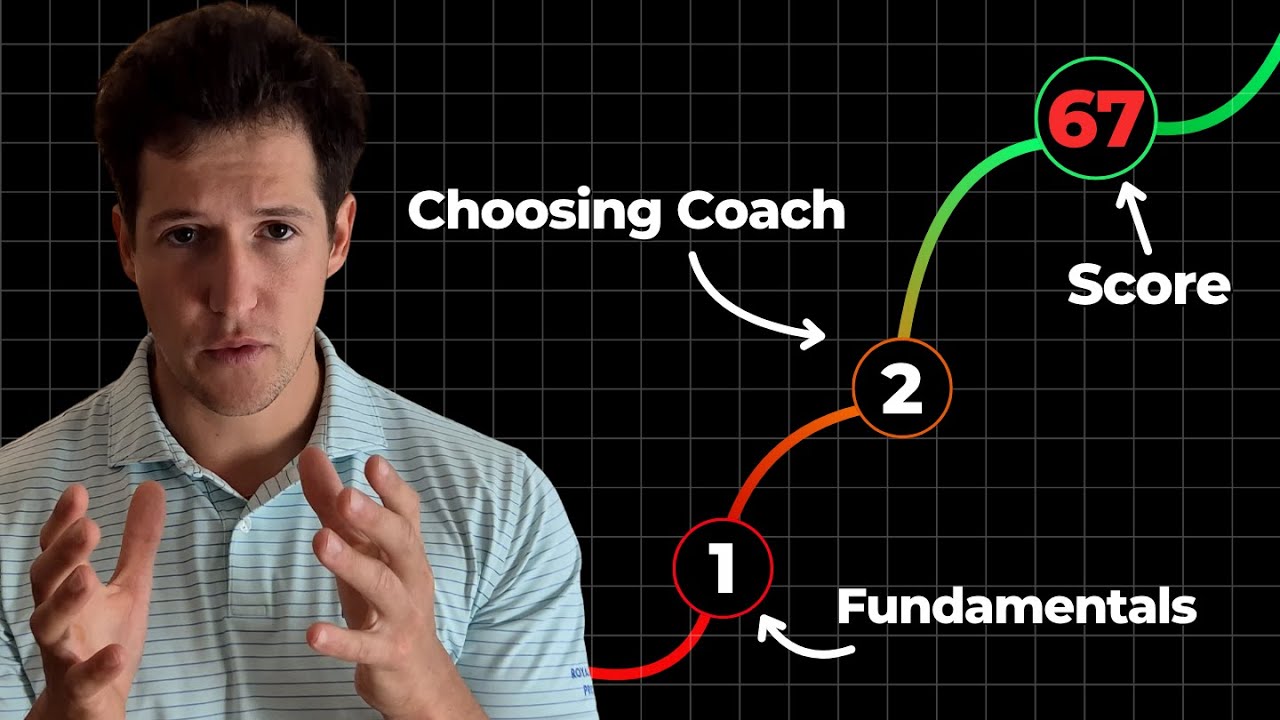


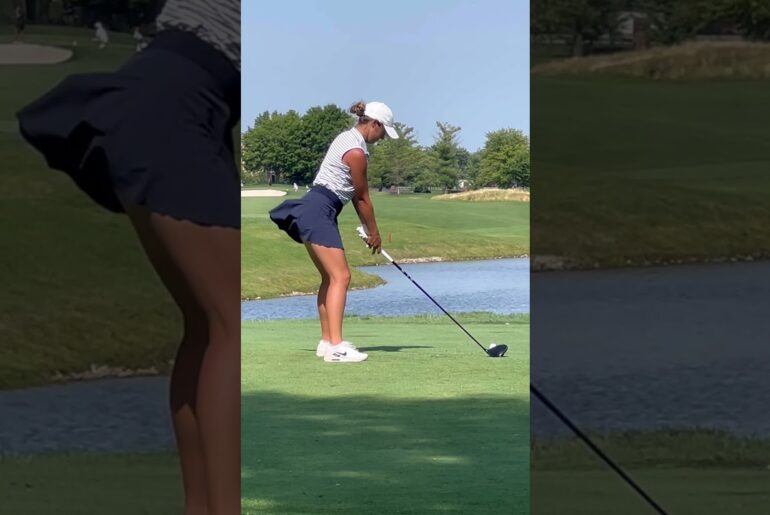
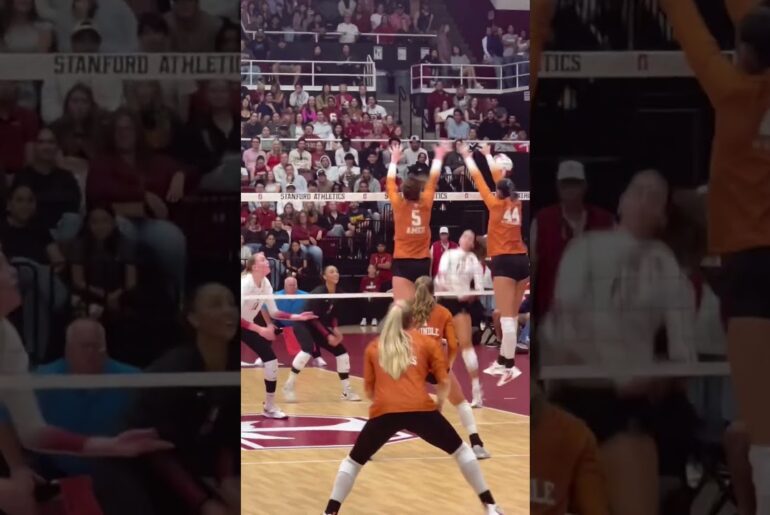
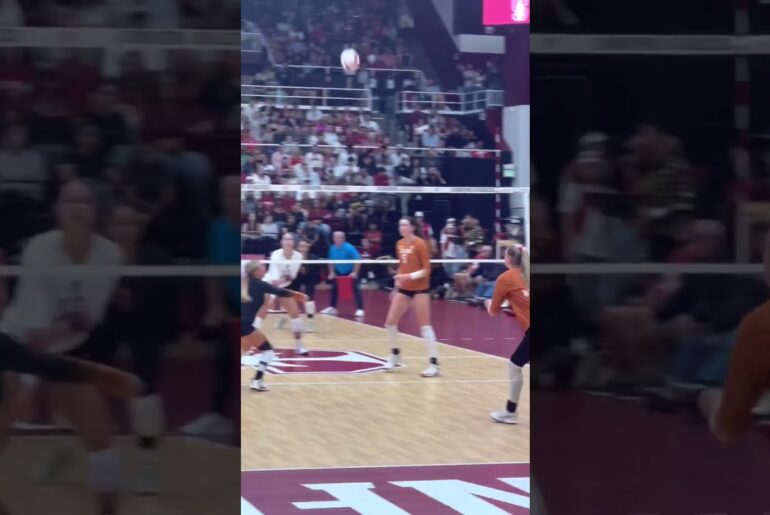
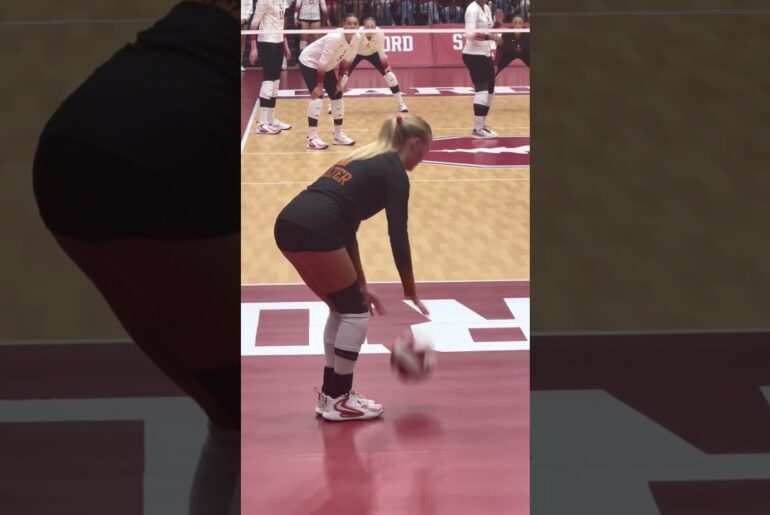
3 Comments
If you could go back in time… what’s one golf tip you’d give your younger self? 👇
Cool video. Maybe have some visuals to go with each point.
nice videos. could you make one for beginners on the top advices to break 100 or 90?